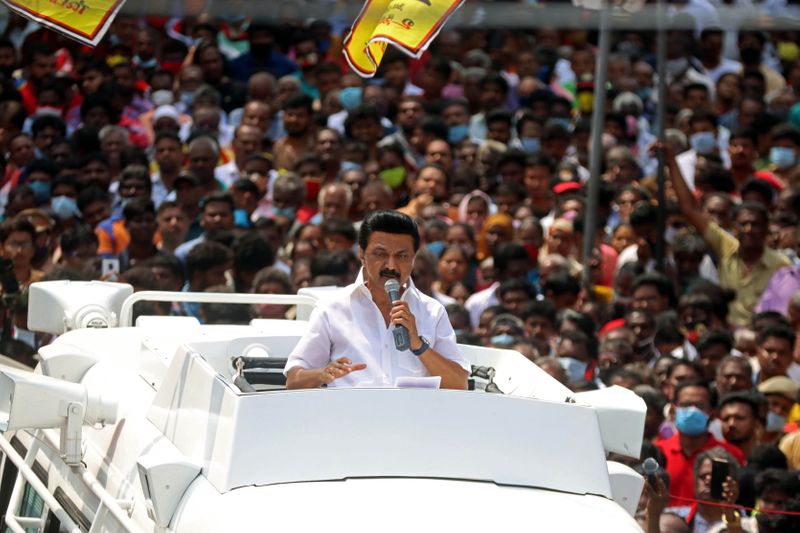An unprecedented and important battle is raging in India’s Supreme Court — between elected state governments and their Governors who are appointed by the federal government. At the heart of this clash is a fight for upholding the constitutional principles of a federal democracy.
Four opposition ruled states — Tamil Nadu, Kerala, Telangana and Punjab — moved the top court after their respective Governors sat on bills passed by the state assembly.
During the hearings, the court has made some very strong comments saying that “Governors cannot be oblivious of the fact that they are not elected representatives of the people” and that the Punjab Governor was “playing with fire”.
It is incredible that this needs to be said at all. Governors have almost always been partisan and sympathetic to the central government for decades. The Congress party misused the office to toss out state governments it did not like. Indira Gandhi, in particular, infamously politicised the office of the Governor to meet her ends.
Flouting all propriety
This practice continued long after her death. In 1997, Governor Romesh Bhandari arbitrarily dismissed Kalyan Singh’s government in Uttar Pradesh, inviting a rare rebuke from the President, K.R. Narayanan who said he had acted ‘in a partisan manner’.
Unfortunately, that partisanship has continued well into the Modi years where Governors have known no boundaries and flouted all propriety.
They have openly taken sides, professed their loyalty to the RSS, sat on bills for years together and even played a role in bringing down governments.
Don’t forget how the then Maharashtra Governor Bhagat Singh Koshiyari had no qualms in swearing in Devendra Fadnavis as Chief Minister early in the morning back in 2019 for his short stint in office in a minority government, not allowing the opposition to present its numbers first.
Jagdeep Dhankar as Governor of West Bengal was the primary opposition to Mamata Banerjee with whom he had many ugly spats. Today he is the Vice President of India.

Making controversial headlines
These days, Tamil Nadu Governor RN Ravi has been making many controversial headlines. He has had frequent run ins with the DMK government and crossed the line several times, undermining his office in the process.
That includes with holding assent to a number of bills passed by the assembly. Governors have to sign off on bills so that they can become law, like the President does at the centre.
Last week, after the Supreme Court came down heavily on Governors for this, Ravi suddenly returned 10 Bills that he had with him, for which the assembly called a special session and readopted the bills again. Now he has no choice but to give his assent.
The Supreme Court wasn’t buying it and asked “these bills were pending since 2020. It means the Governor took the decision after the court issued notice. What was he doing for three years?”.
The court also said “the assembly has passed the bills again and sent it to the Governor. Let us see what Governor does,” as it adjourned the matter till December 1.
One of the key questions before the top court now is whether it can fix a timeline or deadline by which Governors have to give their assent to bills. In the case of Maharashtra too, the Supreme Court had come down heavily on the Governor and his role.
Which brings me back to a fundamental question — is it time to abolish the Governor’s post? What purpose do they really serve except to be agents of the central government in undermining a democratically elected government in states? This is a colonial era position that has no place in a federal democracy.
Most of those appointed are loyalists of the party at the centre who need post retirement positions.
Interestingly, it was the Tamil Nadu government in 1973 which had asked the Centre to abolish the post of the Governor, calling it a legacy of the British colonial system. Today Tamil Nadu is in the forefront of the fight to preserve India’s federal democracy.







_resources1_16a45059ca3_small.jpg)

